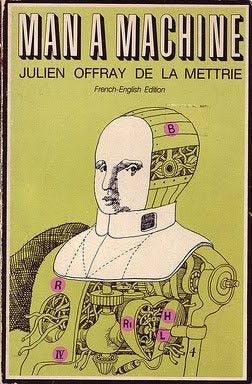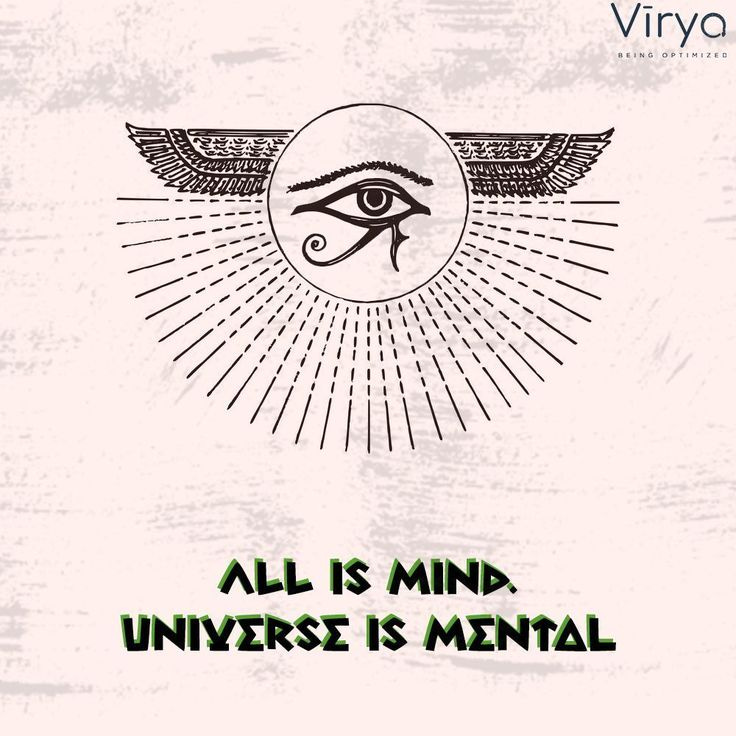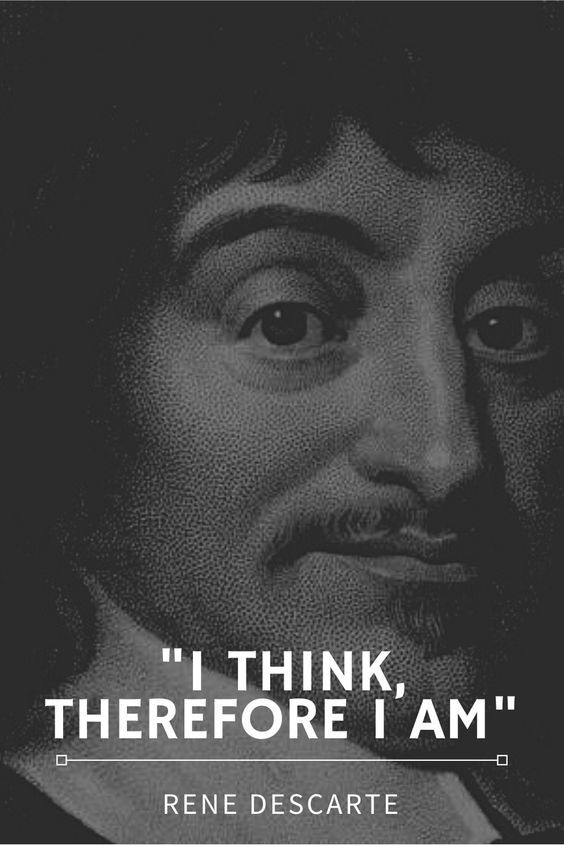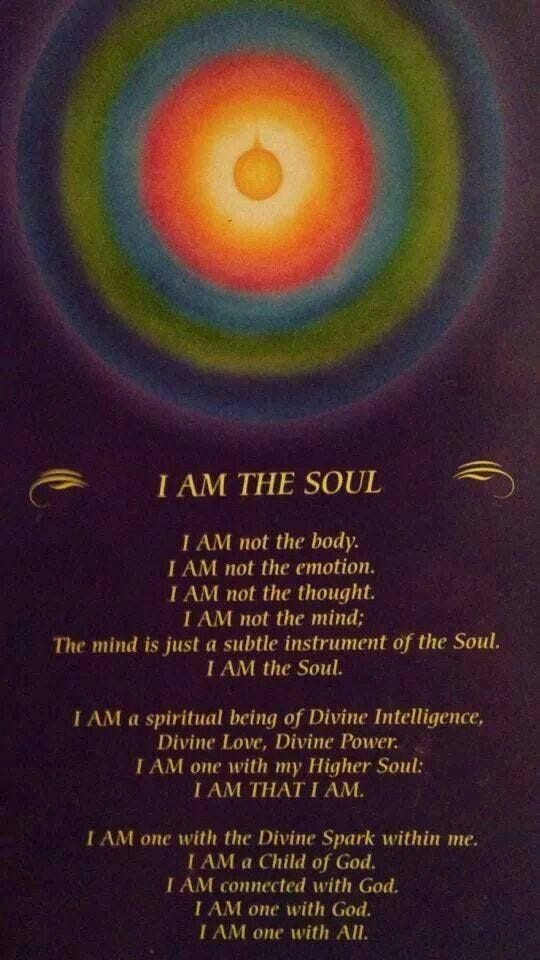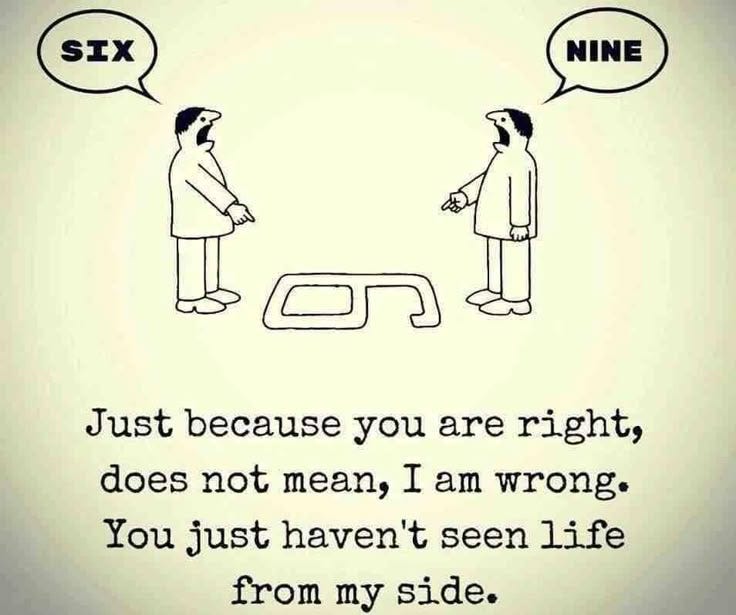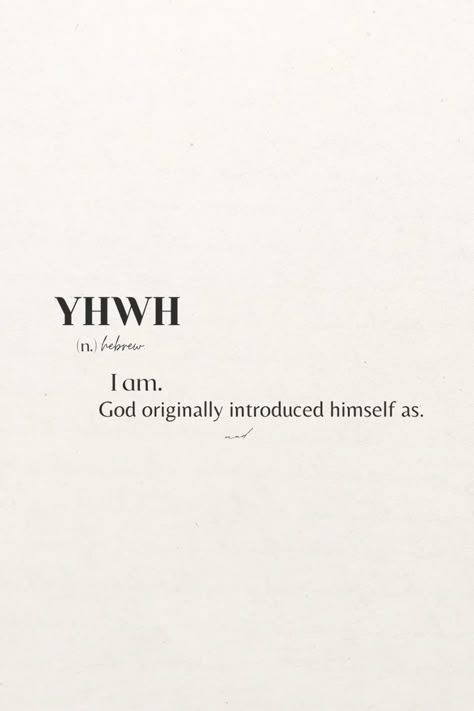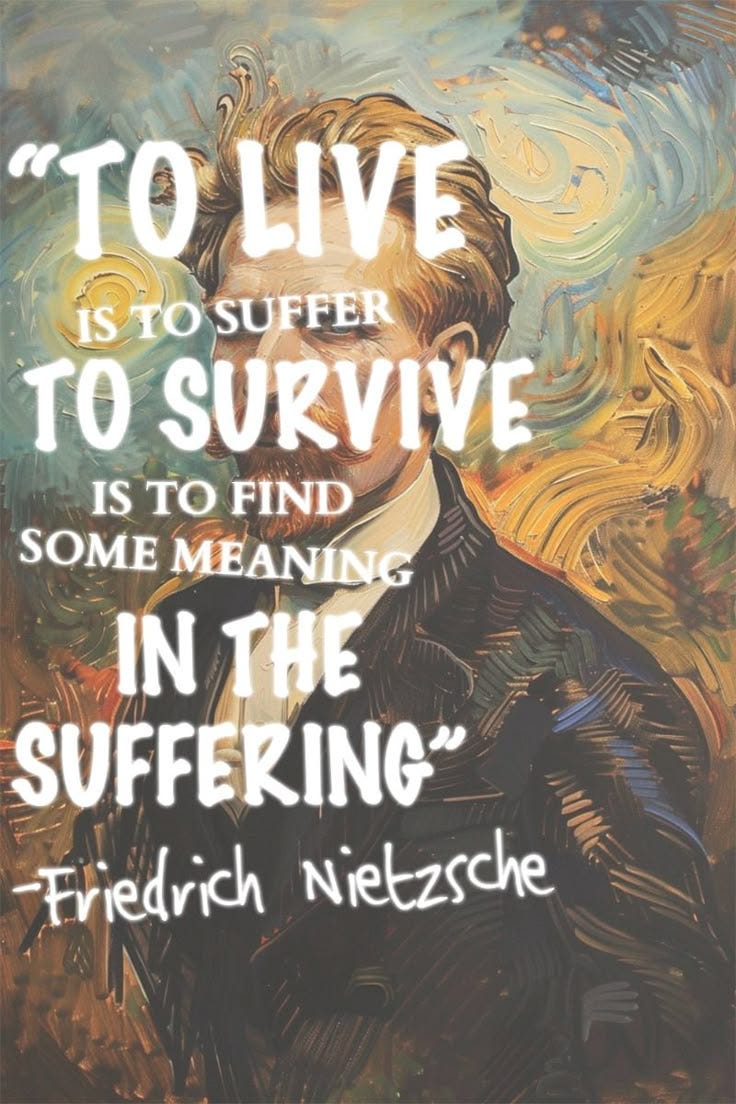For centuries, Sufis and esoteric gurus have pressed this haunting question into the hearts of wanderers: “Who am I?”. Not as an identity crisis — but as a path to awakening.
From the Qur’an to the Bhagavad Gita, from the Bible to the Torah, every divine revelation echoes one universal message:
“Let go of desire.”
Desire?, a restless fire, that longing to become something in a world that is itself temporary. Are we our desires? are we are logics? or are we unknown to us?
In the Qur’an, this force is called Nafs — the self that commands, entices, deceives.
In the Gita, it’s Kama — the binding force of craving that leads to delusion.
In the Bible, it’s the Flesh, a metaphor for impulses that battle the spirit.
And in Kabbalistic teachings, it’s Yetzer Hara — the evil inclination, always whispering.
“If not for Yetzer Hara, no one would build a home, marry, have children, or engage in commerce.”
– Midrash Genesis Rabbah
Is Knowing Yourself Enough?
But really — why do we even need to ask “Who am I”? We seem to be living fine without knowing much about ourselves… right?
The difference that happens in knowing and unknowing is of - awareness of why we are what we are. And more importantly, why we do what we do.
There are three major schools of thought about “what we actually are.”
One says humans are just flesh and blood.
Another says we’re mind or consciousness.
And one says — no — we’re the divine soul itself.
Now, if you believe you're just flesh and blood, chances are you won’t bother much about religious concepts like hell, heaven, end times, or judgment. You’d live to fullfill your desires — and that’s pretty much it.
It doesn’t surprise me when i read
“Let us conclude boldly then that man is a machine, and that in the whole universe there is but a single substance with various modifications”
Julien Offray de La Mettrie – Man a Machine (1747)
and when Richard Dawkins said in his book “The Selfish Gene”:
We are survival machines—robot vehicles blindly programmed to preserve the selfish molecules known as genes.
If you believe you're your mind or consciousness, then maybe you’re into unravelling the mysteries of the universe, self-awareness, psychology, or philosophy. Religion may or may not appeal to you — unless it satisfies your logic. You might even question God’s existence, or call religion a business that doesn’t pay taxes while humanity suffers.
There are a lot of people who resonate with this school of thought. It makes sense—we tend to apply logic only to ideas we weren’t raised with. The things we were taught in childhood often go unquestioned. In this particular worldview, people believe in the Hermetic principle: “All is mind, and the universe is mental.”
Put simply, this means everything you perceive is shaped by your own mind—you are your own universe.
This is also where the concept of the “third eye” often comes in. If you're curious, you can check out my Decoding the Eye series for a deeper dive
Many philosophers, thinkers and scientists associates themselves with Hermes teachings and one of the most famous saying you might have heard is from rene descarte:
But the third one... if you believe that you’re a divine soul not meant for worldly desires, you might just end up more robotic than an actual robot. You could start cutting people out of your life, losing interest in clothes, parties, events, even casual hangouts. Just a lonely soul, convinced it’s only supposed to talk to God and rely on Him for everything.
Sounds spiritual, yeah. But also kinda isolating.
These three major schools of thought? All of them are biased. All extremes — no middle path. C’mon, you need people around you. Love. Connection. Children. Women. Men. (Yes, sometimes they’re actually pretty great 😄). Without all this... life’s just grey. So, how do we set a tone for ourselves? What we should or shouldn’t do depends on one thing: with what intention are we living?
See, the solution isn’t in the extremes — it’s always in the middle. Why? Because you don’t cut off a leg just because it aches — you treat it. If you keep cutting off every part that hurts, well… you’ll be left with none. You’ll be finished! 😅
And let’s be real, it’s usually the head that aches most.
Now, I’m not a fan of overly fictional religious storytelling. You know the type — “You must only love God,” “Life is a test,” “The world is temporary, everything’s a trial” — yeah, all that heavy stuff. It makes life sound like a horror escape room.
My lens on life is shaped by both Islam and logic. Because even Allah says — don’t fall blindly upon the ayahs, like those before you did.
"۞ إِنَّ شَرَّ ٱلدَّوَآبِّ عِندَ ٱللَّهِ ٱلصُّمُّ ٱلْبُكْمُ ٱلَّذِينَ لَا يَعْقِلُونَ ٢٢
Indeed, the worst of all beings in the sight of Allah are the ˹wilfully˺ deaf and dumb, who do not understand.1
Surah Al Anfal 8:22
Morality Without God?
With all this said, let’s get serious for a second — you need to make the choice here. Which school of thought do you relate to? Or you might not relate with any of these and define your own path. When people say they follow what they think is right, I question, “How do you know it’s right?”
Morality is inbuilt within human skin, and every culture has the same moral values. The differences occur when? They occur in belief systems. Religion—what is it, if not a belief system? It changes your whole dynamic of perceiving outer and inner realities.
Every human knows that to lie is immoral, to kill, to backbite, to get angry, to mock, to shame—these are all immoral in any culture, civilization, or religion. Even if a culture doesn’t say these are immoral, humans have an inbuilt morality system that pinches when we do any of these things.
Considering the example in the above image, what I’ve done in my life will conclude as “right” from my point of view, and the same applies to you. But we might be doing completely opposite things, which could be seen as “wrong” in each other’s culture or religion. So, now, who will decide what’s right and wrong here? Karma? Lol, please don’t say that aloud
So those who say “i’ll follow whatever i feel is right” my boi, that will lead you to a dead end. There’s a consciousness higher than the human consciousness, the self. The self which is one and only true self , Who hold the power to say “I AM, What I AM” as in Hebrew— YHWH or as in Islam— “ Qul Huwa Allahu Ahad” Say, “He is Allah, [who is] One or as in Christianity— Hear, O Israel: The Lord our God, the Lord is one.”
– Mark 12:29 (Jesus quoting Deuteronomy 6:4 or as in hinduism—”Ekam evadvitiyam Brahma” Brahman is one, without a second
The Oneness of God
You know why Islam is different? Because it teaches that yes—everything emerged from the ONE, but nothing equals the ONE. Yes, the grain of sand, the flower, and everything in the universe is His manifestation, but nothing is like Him. The idea is simple: your child is born from you, carries your DNA, but still holds a separate identity. The child has your life prints—but isn’t you
لَيْسَ كَمِثْلِهِۦ شَىْءٌۭ ۖ وَهُوَ ٱلسَّمِيعُ ٱلْبَصِيرُ
There is nothing like Him, for He ˹alone˺ is the All-Hearing, All-Seeing.
— Surah Ash-Shura (42:11)
Whether it's Judaism, Christianity, or Hinduism, every religion acknowledges the existence of one supreme God.
What divides us, however, is that, other than Islam, people often associate God’s divine creation with the status that God holds.
It’s like one saying, “I’m equal in status to my father.”
But we know—you can’t! So, how can an animal or a human be equal to THE ONLY GOD? You can ever begot yourself…you know what i am saying.
Now, those with ultra neurons in their brains will say:
“Then how did Allah beget Himself?”
Well, buddy—the creation and the Creator are two different things.
You’re asking how the Creator was created…
Which is basically saying:
“How was the creation of a Creator?”
See how absurd that sounds?
You can take this argument to infinity—
“A creator was born from another creator, and that one from another...”
But where does it end?
It has to stop at someone who was never created.
Someone who has always existed,
exists right now,
and will continue to exist—
whether or not you live long enough to keep asking dumb questions!. Lol, don’t get angry.
What Happens After Death?
So, if you think you know your right and wrong, and can lead your life by just "knowing thyself"—then go ahead. You may live an ethical life without divine guidance, but let’s be real: you can't earn the best place after death that way.
Death isn’t the end—it’s a portal to the next life. Even the Egyptians believed that.
The believers in the “third eye”—Horus, Ra, Thoth—all held on to the idea of an afterlife.
Now ask yourself:
To be in harmony with the One and Only God in the afterlife—
do you really think you can get there without obeying His commands?
I get it—some people will scream at the top of their lungs:
“God doesn’t care. He’s dead. He left us suffering in this hell.”
Relax.
If God were dead or absent, you wouldn’t even be alive to say that.
With God is everything—your breath, your bread, your bed.
So ask questions that are logical, not overly emotional.
Yes, there are people suffering in this world—but if they believed in the One, and never associated any partner with Him, they’ll be compensated.
But if you spent your life bowing and calling out to someone other than Him,
then after death—go ask them to compensate you. After all its your right!
So now I ask you—who do you believe you are? And who told you that?
To be continued….





